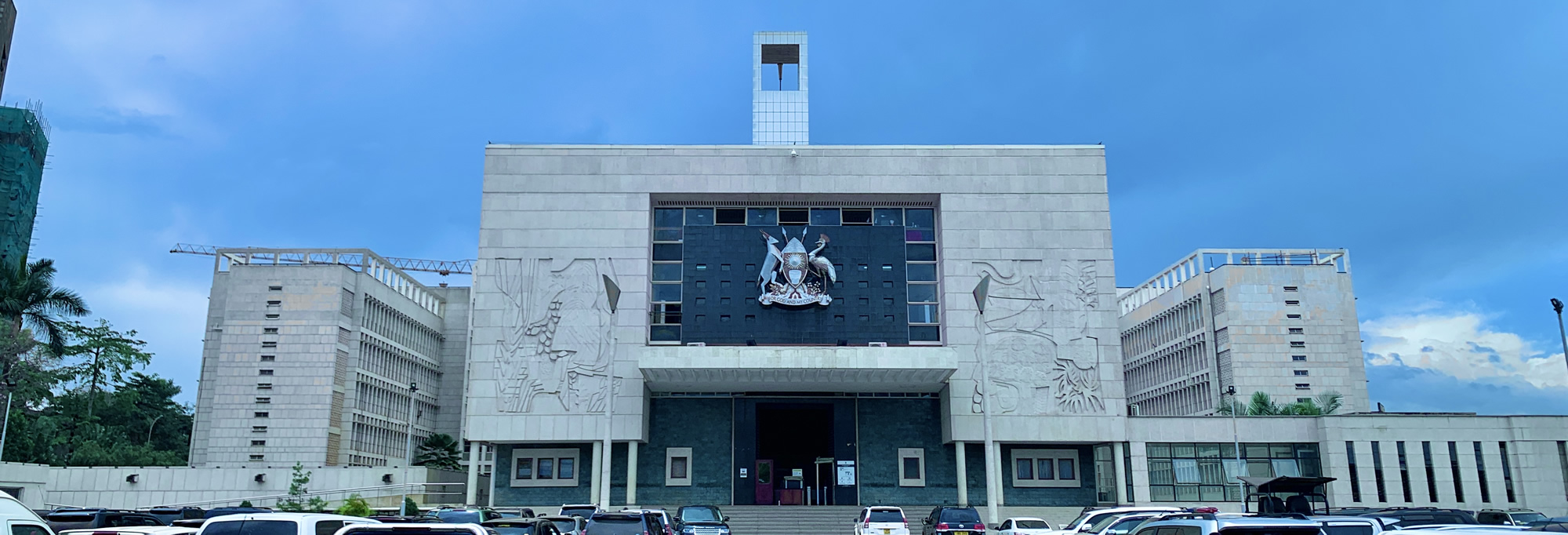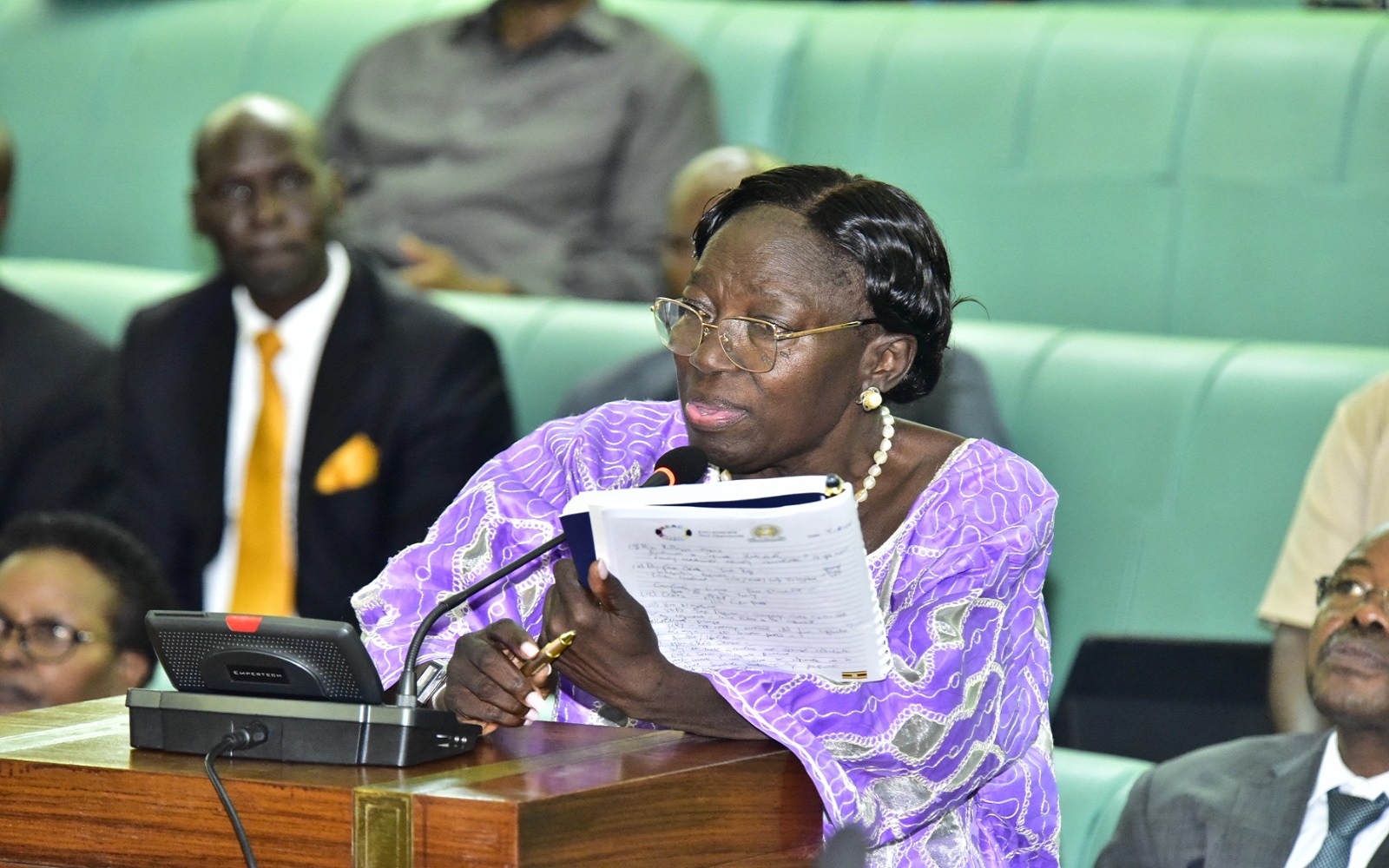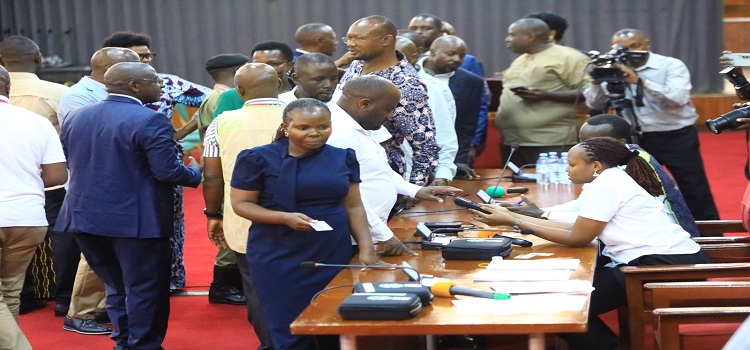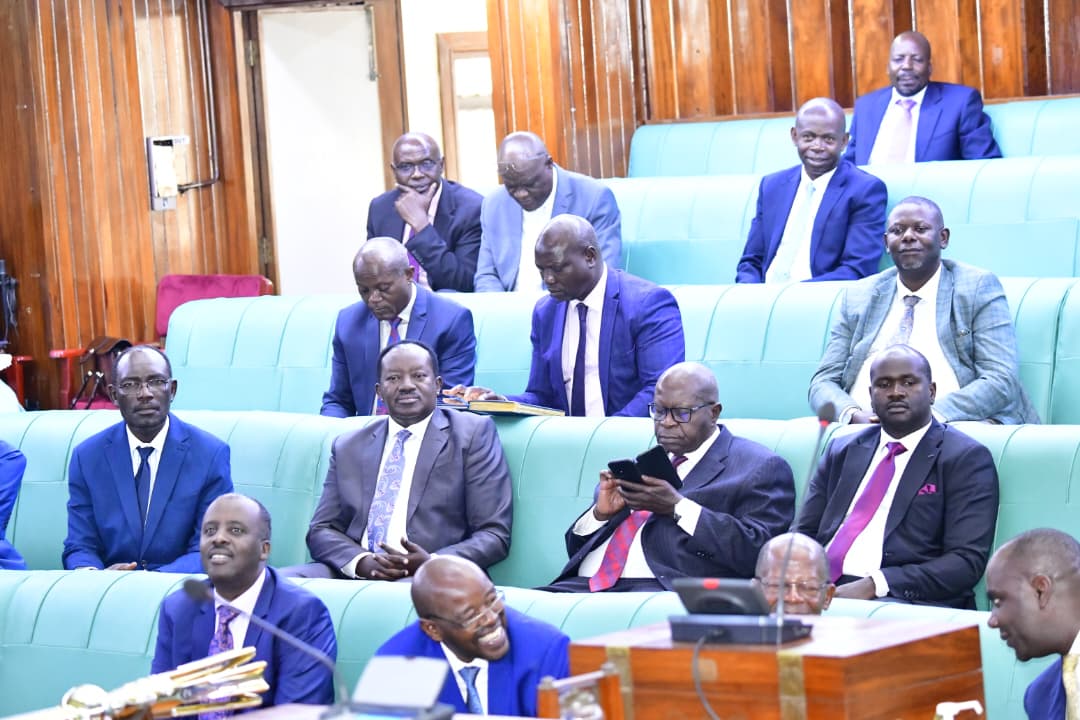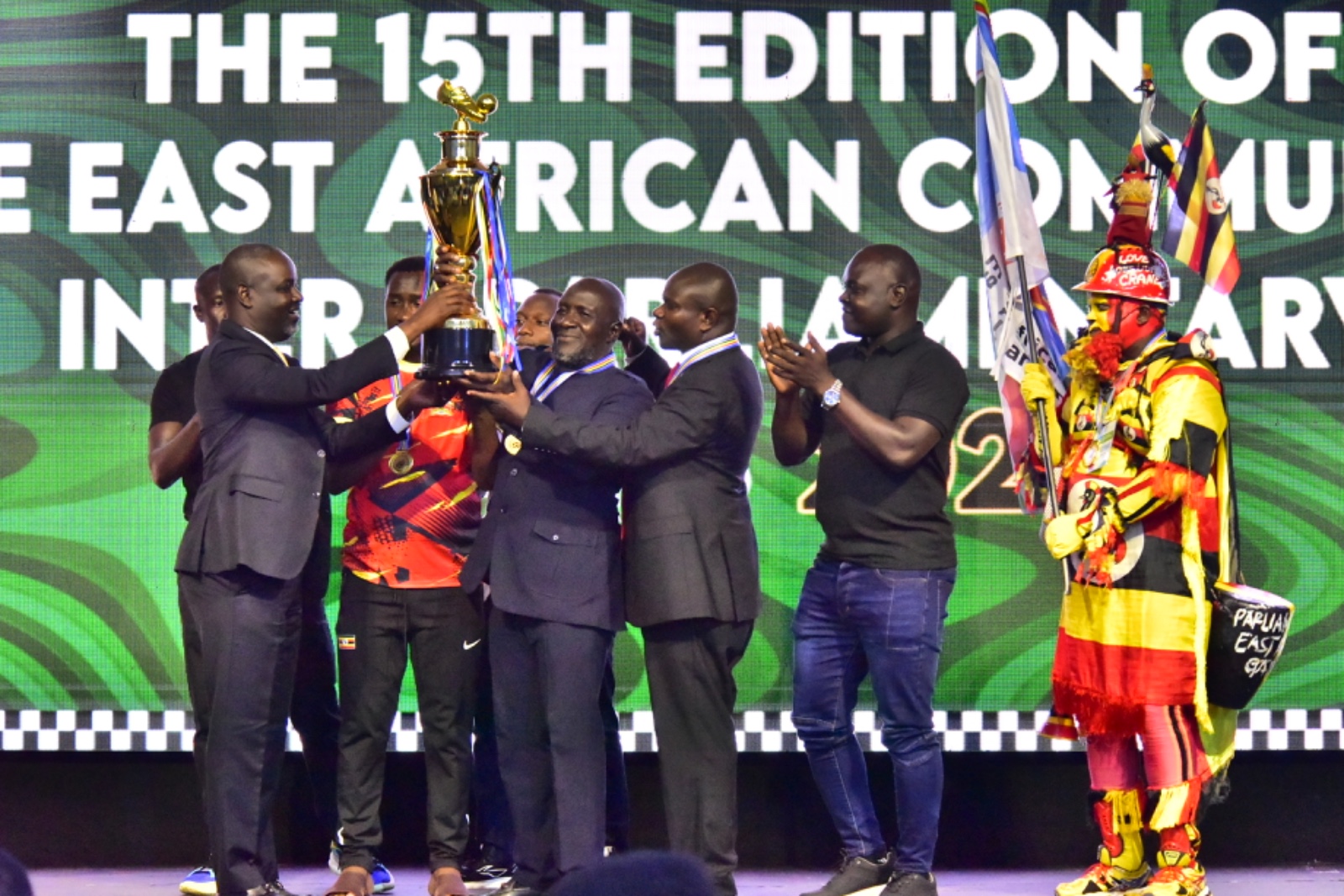Uganda has ample manpower to teach the Kiswahili language, the First Deputy Prime Minister and Minister of East African Affairs, Rebecca Kadaga, has assured Parliament.
She, however, revealed that the biggest challenge is in deployment of the teachers. The teaching of Kiswahili is intended to support the East African Community (EAC) agenda of integration of the language in the country.
“We have over 2,000 Kiswahili teachers; we do not have a shortage. What we need to do is to deploy them,” Kadaga said.
She was responding to the report of the Committee on East African Community Affairs on the Ministerial Policy Statement for Financial Year 2024/2025 for the Ministry of East African Community Affairs.
Kadaga added that the Kiswahili National Council will be established to help in propagating Kiswahili in schools.
The report, presented by the committee chairperson, Hon. Noeline Kisembo, was adopted during plenary sitting on Thursday, 04 April 2024.
She said that the ministry requires Shs3.2 billion to enable fast tracking of the 21st EAC Summit directive to implement the activities under Kiswahili integration.
“Efforts have been made to integrate Kiswahili language in Uganda – the Judiciary and Cabinet are conducting Kiswahili training sessions. In addition, strategic partnerships with training institutions have been done. However, in FY 2024/2025, the activity remains unfunded with a funding requirement of Shs3.2 billion,” she said during the session chaired by Deputy Speaker Thomas Tayebwa.
The Minister of State for Education and Sports (Sports), Hon. Peter Ogwang, said that if approved by Parliament, the ministry will recruit Kiswahili teachers in all government aided schools in the next financial year.
“I want to confirm that we have an allocation of Shs94 billion to recruit Kiswahili teachers,” he said.
Hon. Elijah Mushemeza (Indep., Sheema County South) said that Parliament ought to provide funds towards Kiswahili integration, saying that it is a historical problem that should be addressed.
“To find within the ceiling there is no allocation to address these challenges, this is very absurd,” he said.
Hon. Peter Okeyoh (NRM, Bukooli Island County) noted that Kiswahili is very paramount in the EAC integration process and leaving it as unfunded priority is unfair.
“Kiswahili is the only language that unifies East Africa. When it comes to our education system, Kiswahili language is not one of the compulsory languages. Let us prioritise Kiswahili so that we cement the EAC integration,” he said.
Hon. Sarah Aguti (UPC, Dokolo District Woman MP) underscored the importance of integrating the Kiswahili language, saying that it facilitates trade.
“This is very important because we have businessmen who do business across borders,” she said.
The Shadow Minister for EAC Affairs, Hon. Lucy Akello (FDC, Amuru District Woman MP) advised the EAC ministry to work closely with the National Curriculum Development Centre to ensure that Kiswahili is taught right from primary level.
Akello also urged Parliament to ensure that the ministry’s budget is fully funded, if Uganda is to achieve the EAC integration agenda.
“What has been allocated to this sector is just 0.1 percent and whatsoever the chairperson is asking for is not too much - it is just pocket change to some of the sectors,” she said.
The ministry is seeking Shs37.9 billion in the 2024/2025 financial year.
